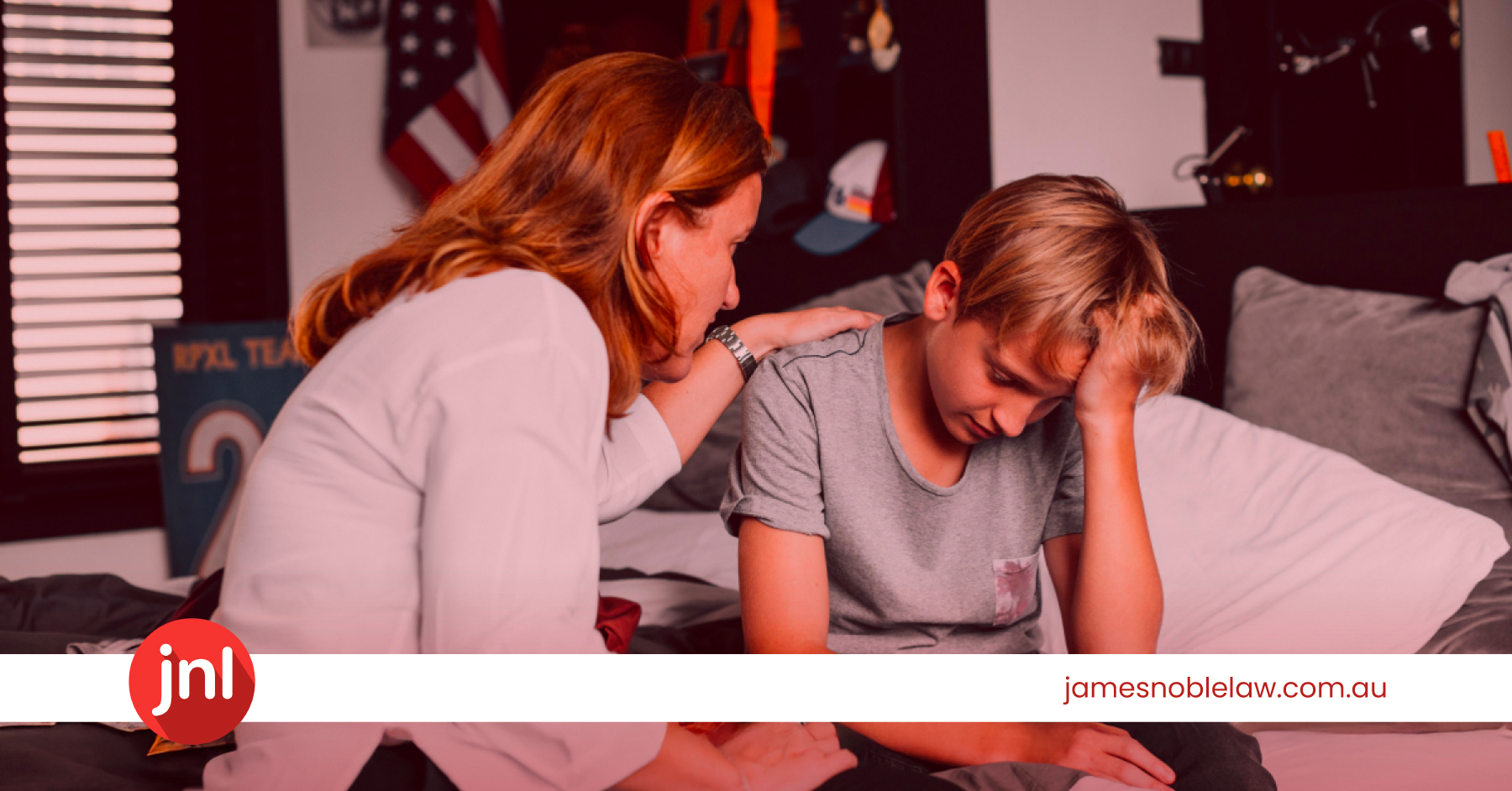
The movement around the decriminalisation of sex work in Queensland advocates for the legal recognition of sex work as work, rather than a crime. In March 2023, the Queensland Law Report Commission proposed a range of amendments to the current sex work regulations in Queensland with the aim of reducing stigma and prejudice that currently taints the industry.
Briefly, the ALRC Report proposed that by amending the current regulations surrounding sex work to reflect more modern sentiments, a sex work business should be viewed the same as any other lawful business.
Where can you find the sex work regulations?

Currently, sex work laws are vested in:
- The Prostitution Act 1999 (regulates licensed brothels, advertising, street-based work);
- The Prostitution Regulation 2014 (outlines the brothel licensing system);
- The Criminal Code 1899 (defines criminal offences and penalties for sex workers); and
- The Police Powers and Responsibilities Act 2000 (establishes police powers as they relate to sex work).
What are the regulations?
In Queensland, it is legal for sole sex workers, brothels and prostitution services to operate.
Independent sex work
Currently, independent or sole operator sex workers do not require a license of registration from any other government agency, such as the Queensland Prostitution Licensing Authority. However, sex workers must comply with relevant laws set out in the Prostitution Act and Chapter 22A of the Criminal Code.
Sex workers can carry out sex work in a licensed venue, but cannot work alongside another sex worker or in a small group (2 or more sex workers constitutes a ‘small group’). Private sex workers cannot work at the same premises with another sex worker, even if the sex workers are not present at the same time.
Brothels
Brothels must be licensed by Queensland’s Prostitution Licensing Authority. These licenses can be issued to brothels that are permitted by the relevant Local Planning Scheme to hold a license. This means that local councils can govern the location and operation of brothels in their local government areas.
Notably, there are only 20 licensed brothels in Queensland, which means that around 10% brothels in the State are licensed. This highlights that a significant portion of the Queensland sex industry operates outside of the law, which was a key factor driving the ALRC Report.
What is illegal?
Unlawful prostitution includes public solicitation (such as promoting prostitution on the streets), any nuisances linked to prostitution, duress, failing to use condoms, unlicensed brothels, group sex work and massage parlour services.
Consequences of contravening a sex work law

Working in a sex work business that is not a licensed brothel is illegal (maximum penalty up to 7 years imprisonment). It is also a crime to be a client of an illegal sex work business (maximum penalty up to 7 years imprisonment) or to enter or leave a place that has been declared to be an unlicensed brothel (maximum penalty 60 penalty units or 1-year imprisonment).
In Queensland, the most frequent charge against sex workers is for “knowingly participating in the provision of prostitution.” Here, the maximum penalty up to 7 years imprisonment. This charge arises when sex workers and non-sex workers provide support to other sex workers.
Discrimination
Under the Anti-Discrimination Act 1991, it is illegal to discriminate against a sex worker on the basis of ‘lawful sexual activity’. If you have been treated unfairly as a result of your work as a sex worker, you can lodge a discrimination complaint in Queensland.
However, there are multiple exceptions that make it legal and permissible for an accommodation provider to behave in a discriminatory manner. These accommodation providers, who could be landlords, real estate agents and hotel/motel staff, can refuse to provide accommodation to a sex worker, evict a sex worker and treat a sex worker unfavourably regarding the accommodation arrangements.
Under legislation, they are also entitled to charge higher accommodation fees.
How does all of this affect your relationship with your child?
It is illegal to allow any person under 18 into a place that is being used for prostitution by 2 or more sex workers. This can include a brothel, home or hotel/motel. Otherwise, discriminating against someone on the basis of lawful sexual activity (working in a licensed brothel or as a sole sex worker) is prohibited by legislation and should not be tolerated.
Looking for assistance?
Connect with the James Noble Law team of family lawyers in Cairns today for a complimentary and obligation-free 20-minute consultation. Book an appointment with our skilled and experienced family lawyers to discuss your needs.
Discover our office locations effortlessly using Google Maps and tap into our legal knowledge. Explore the capabilities of our accomplished family lawyers in Brisbane and our dedicated family lawyers in Cairns.


